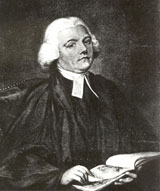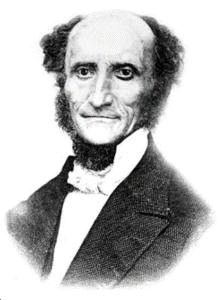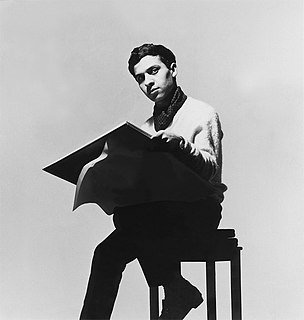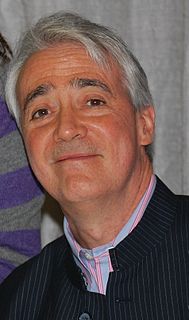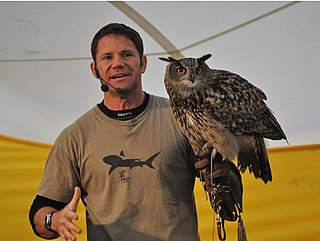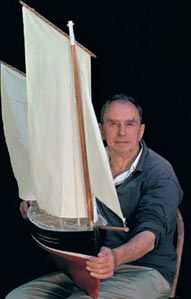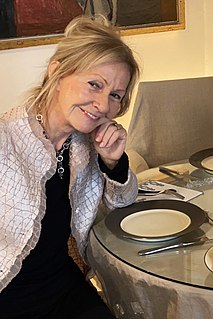A Quote by Gilbert White
The French, I think, in general, are strangely prolix in their natural history.
Related Quotes
We the undersigned, intend to establish an instruction and training institution which differs from the common elementary schools principally in that it will embrace, outside of (in addition to) the general and elementary curriculum, all branches of the classical high school, which are necessary for a true Christian and scientific education, such as: Religion, the Latin, Greek, Hebrew, German, French and English languages; History, Geography, Mathematics, Physics, natural history, Introduction to Philosophy, Music, and Drawing.
French women love to shop and prepare food. They love to talk about what they have bought and made. It's a deeply natural love, but one that is erased in many other cultures. Most French women learn it from their mothers, some from their fathers. But if your parents aren't French, you can still learn it yourself.
In France cooking is a serious art form and a national sport. I think the French enjoy the complication of the art form and the cooking for cooking's sake. You can talk with a concierge or police officer about food in France as a general rule. It is not the general rule here. Classical cuisine, which I hope we are going back to, means certain ways of doing things and certain ways of not doing things. If you know classical French cooking you can do anything. If you don't know the basics, you turn out slop.
